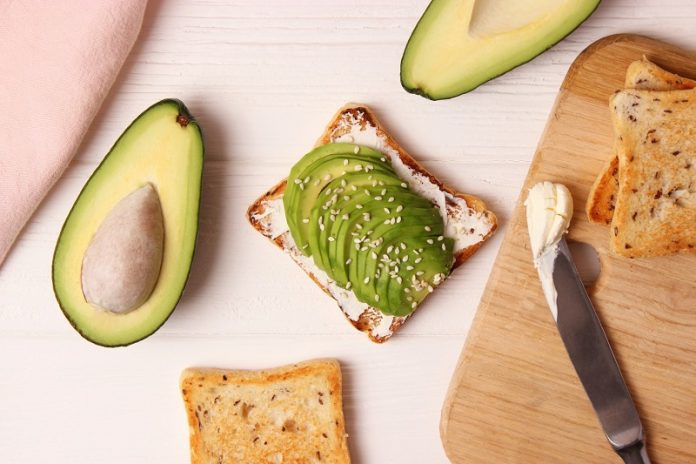
In a new study, a group of scientists wanted to know if eating whole-grain foods could be good for your brain.
They conducted a study that included almost 3,000 people from the Framingham Offspring Cohort, who were interviewed, examined by doctors, and given lab tests every few years.
One of the tests they did was called the Food Frequency Questionnaire (FFQ), which asked the participants how often they ate different kinds of whole-grain foods.
The scientists followed these people for an average of 12.6 years and found that 322 of them developed dementia, which is a condition where people lose their memory and thinking abilities.
Of those cases, 247 were Alzheimer’s disease (AD) dementia, which is a specific type of dementia that is caused by damage to the brain.
The scientists then looked at the data they collected and found that people who ate the most whole grain foods had a lower risk of developing dementia and AD dementia than people who ate the least.
This was true even after the scientists took into account other factors that could affect the risk of dementia, such as age, sex, education, body mass index, and smoking status.
The scientists also found that most types of whole grain foods were good for the brain, except for popcorn.
They saw a trend that the more whole grain foods people ate, the lower their risk of dementia, but that the rate of reduction slowed down after they ate more than one or two servings per day.
In conclusion, this study suggests that eating whole grain foods, like whole wheat bread, brown rice, and oatmeal, could be good for your brain and help reduce the risk of developing dementia and Alzheimer’s disease.
So, next time you sit down to eat, consider choosing healthy and delicious whole-grain food to help keep your brain healthy too.
How to eat more whole-grain foods
Eating more whole-grain foods is a great way to improve your overall health and reduce your risk of chronic diseases like heart disease, diabetes, and some types of cancer.
Here are some tips to help you incorporate more whole-grain foods into your diet:
Choose whole grain bread: When buying bread, look for those that are labeled “100% whole grain” or “100% whole wheat” to ensure that you’re getting the most benefits from the grains.
Switch to whole grain pasta and rice: Replace regular pasta and white rice with whole grain options like brown rice, quinoa, or whole wheat pasta to increase your whole grain intake.
Snack on whole grain foods: Instead of reaching for processed snacks like chips or cookies, try snacking on whole grain crackers, popcorn, or rice cakes.
Start your day with whole grain cereal: Look for cereals that are made with whole grains and low in sugar. Add some fresh fruit and low-fat milk or yogurt for a healthy and filling breakfast.
Experiment with different grains: Try new whole-grain options like bulgur, barley, or farro in soups, stews, or salads.
Read labels: When buying packaged foods, read the ingredient list to see if they contain whole grains. Look for products that list a whole grain as the first ingredient.
By incorporating these tips into your diet, you can increase your whole grain intake and reap the many health benefits that come with it.
The research was published in Psychiatry and Clinical Neurosciences and was conducted by Kanran Wang et al.
Copyright © 2023 Scientific Diet. All rights reserved.





